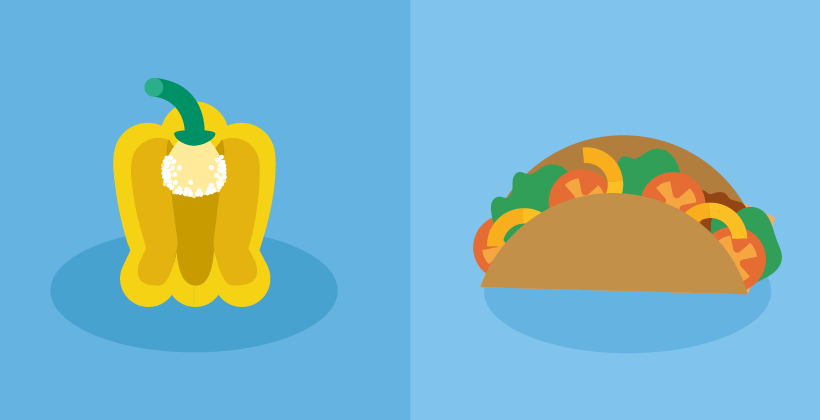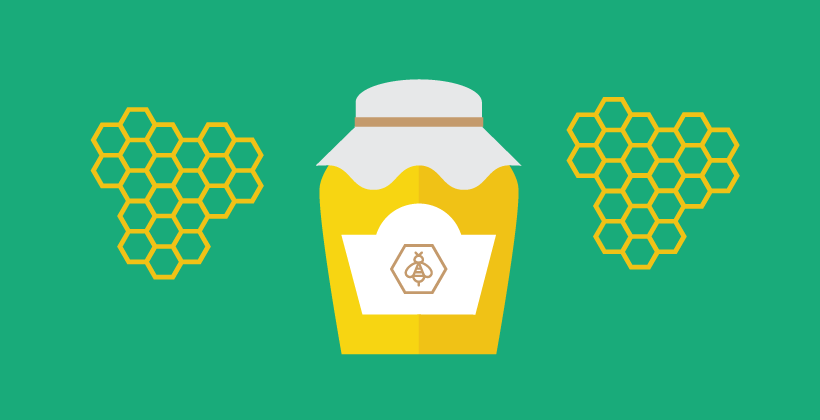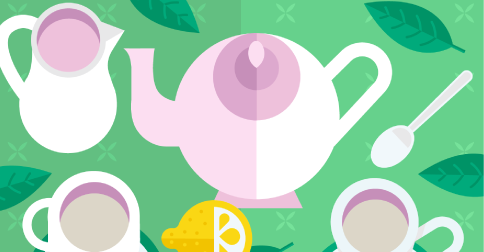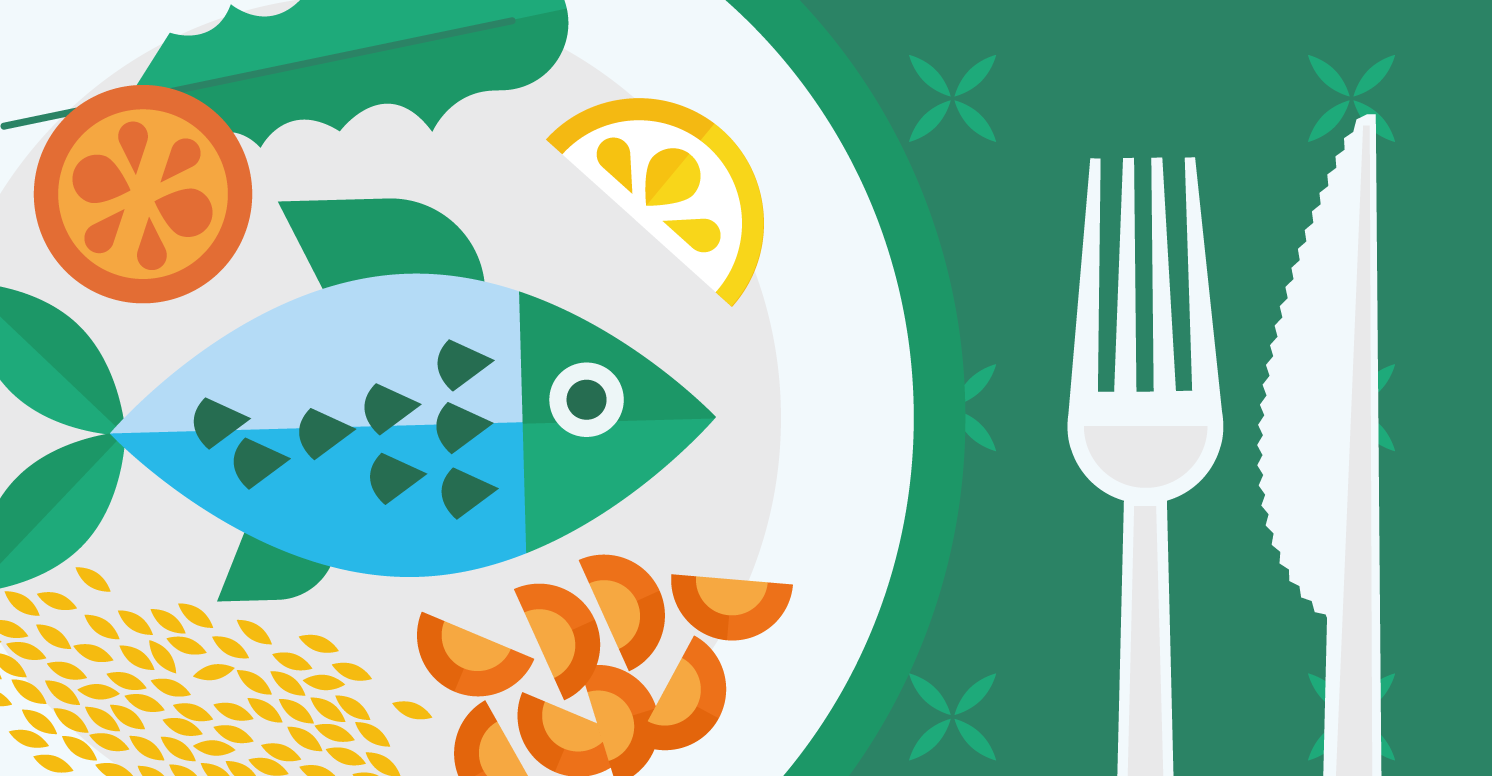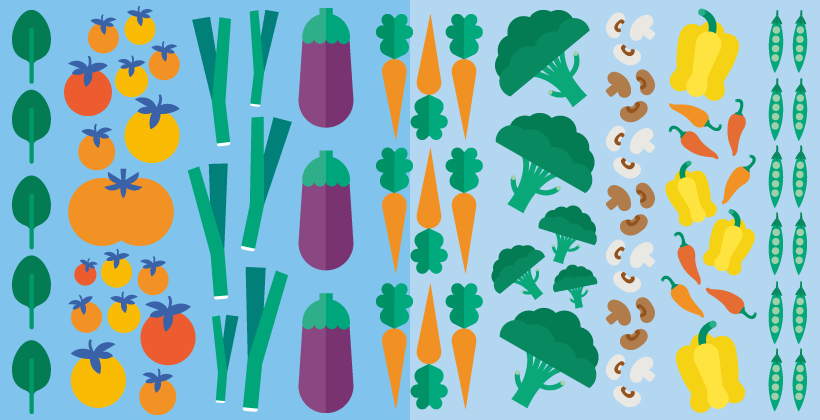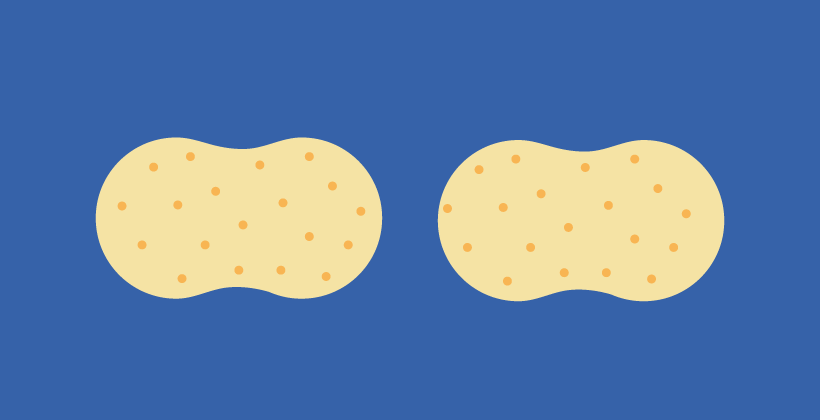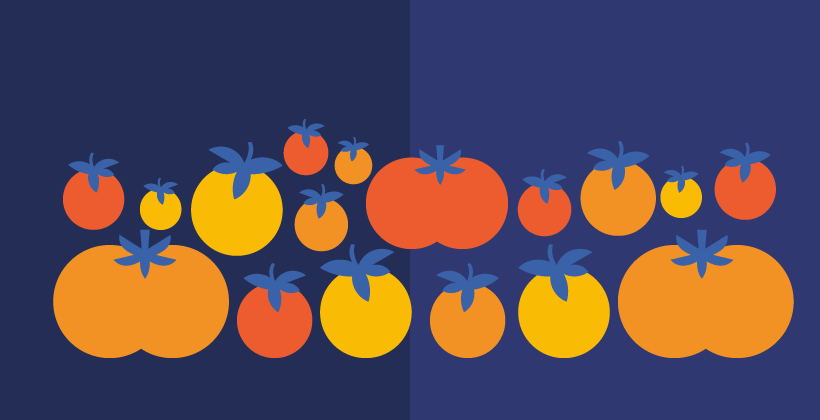Foods

Food plays a major role in our everyday lives. For good health and well-being, we need food! Food can be derived from both plant and animal sources and most commonly foods are a mixture of both. A variety of food in our diets supplies us with the energy and the nutrients which we require to have overall correct functioning of the body. The choice of food is wide and diverse with each food providing us with different types and amounts of nutrients affecting the body in many ways.
Is a Pepper a Fruit or a Vegetable and Why?
04 March 2020Being able to tell whether a pepper is a fruit or a vegetable is not straightforward. Here we explain why the correct answer resides in the eye of the beholder.
The Health Benefits of Honey and Its Nutritional Value
14 January 2020Honey is a naturally occurring sweetener. Learn how it compares to sugar and how it can be part of a healthy diet.
Tea: Health and hydration
08 October 2016Tea has been used as a refreshing drink for centuries. Tea is said to have health benefits - does the latest scientific evidence support this? Is tea a healthy source of hydration?
Bread: A nutritious staple
08 December 2014Bread has been part of the human diet for thirty thousand years. Yet there are many misconceptions around bread.
Palm oil (Q&A)
20 September 2013Palm oil is an edible vegetable oil produced from the pulp of the fruits of palms and that is solid at room temperature.
More than fresh: Vegetable choices for everyone
01 February 2011Our favourite fresh vegetables are not available all year round. Does this mean we have to do without when they are out of season or are frozen and tinned vegetables valid alternatives?
The Nutritional Value of Potatoes
01 March 2010Potatoes are a very common food in the diets of most Europeans, but perhaps sometimes the nutrition contribution of this staple crop is overlooked. What makes potatoes special is that they combine the characteristics of starchy foods with those of vegetables.
The Origins of Tomatoes
03 August 2001There must be thousands of dishes in which the tomato is the main, or a key ingredient. Due to its colour, taste and versatility, the tomato has come a long way from the ancient Aztec civilisations to being ubiquitous in today's kitchens.
